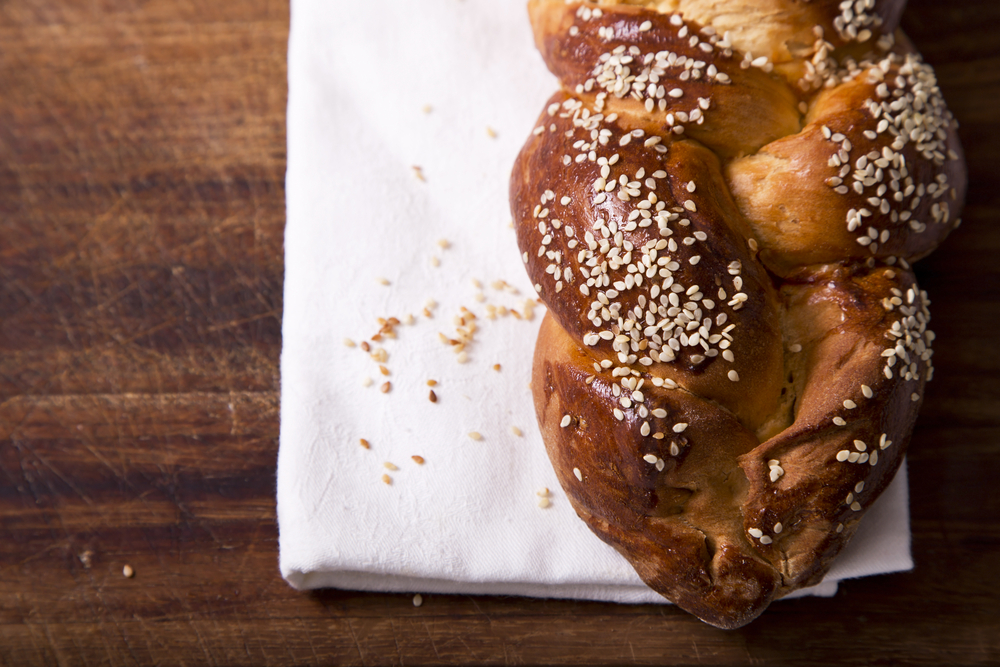
The stages of mourning in Judaism are intended to help family members overcome the emotional challenge of losing a loved one. While the deceased individual is buried with the Jewish monument at the beginning of this process, these traditions continue beyond this moment. In fact, Jewish mourning customs such as the shiva help people to manage these difficult emotions for a long period of time. The meal of consolation, which has been an important Jewish ritual for years, is part of this process. Read on to learn more about how to plan the meal of consolation, and its role in the grieving process.
What is the Meal of Consolation?
The meal of consolation, also known as the meal of condolence, is one of the many ways in which family and friends help families through this difficult time. To ease the stress of the family, the community often provides a meal for the mourning family. So, both the presence of the food and the warm gesture contribute to the impact of the meal of condolence. This much-needed gesture can be quite comforting after burying a loved one with a Jewish monument.

When Does the Meal of Consolation Take Place?
After burying a deceased family member beneath a Jewish monument, most people are stricken with grief. This is understandable, especially for people who have many treasured memories with their loved ones. The meal of consolation takes place after this burial process, with the goal of easing these negative emotions.
Washing Hands Before the Meal of Consolation
Following the burial, most families retire to the home where the shiva will take place. Before entering the home, it is traditional to wash one’s hands with a pitcher of water, which is placed outside. This tradition is intended to remove any impurity that contact with the deceased may have caused. The home of the shiva is generally the first place people visit after departing from the Jewish monument.
Traditional Meal of Consolation Foods
Unlike other traditional meals, meal of consolation foods are not based on heritage. Instead, foods normally consumed during the meal of condolence should be round. This is because round foods represent the cycle of life, and how as one life ends, others continue. However, there are other foods that are normally included as well.
- Bread or rolls: In addition to being round, bread and rolls also represent the essence of life. Many people across several civilizations have relied on bread and rolls for sustenance. This is significant during the Meal of Condolence.
- Hard boiled eggs: Eggs are another staple of the meal of consolation. As eggs continue to boil, they gradually harden. This process mirrors the way that we must remain strong during a time of loss. The egg will also remain inside the shell, which reminds mourners to refrain from speaking of idle topics.
- Lentils: As compared to many similar beans, lentils have no mouths or eyes. So, eating lentils symbolizes how people who have passed on cannot be seen, and people mourning a loss should not speak to others.
- Beverages: While they do not carry the symbolic value that other dishes have, it’s also traditional to serve coffee, tea, and wine. However, mourners should do so only socially, and should not become drunk.

Who Participates in the Meal of Consolation?
Traditionally, the meal of consolation was reserved only for members of the family. The same was true for burial, the preceding service, and the Jewish monument unveiling one year later. In recent years, however, this has changed. Depending upon the preferences of the family, others may be invited to participate in the meal of consolation. Close friends and extended family should wait for an invitation, rather than assume they are invited to participate.
Create the Perfect Jewish Monument
At Fox Monuments, we understand the importance of purchasing the right Jewish monument for your loved one. Especially during this time of stress, our staff is here to provide everything you need. Our team of skilled Jewish monument artists can incorporate beautiful symbols and other imagery to create a fitting memorial. If you need a Jewish headstone for your loved one, contact us.